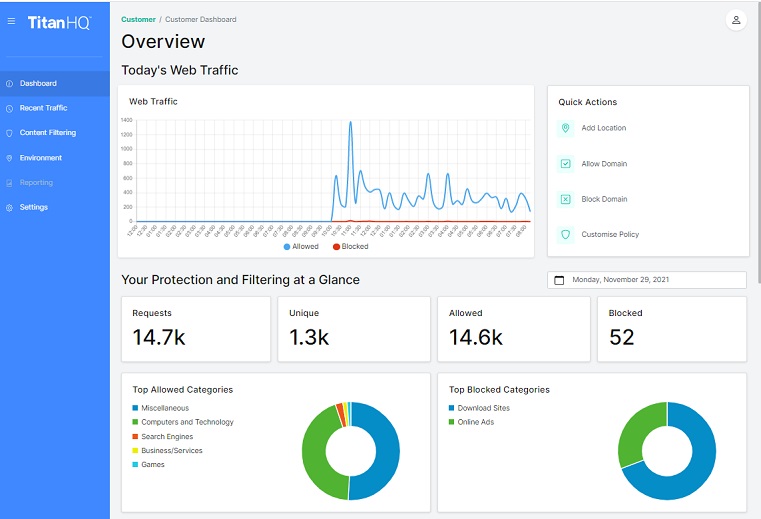
AWS amplify Pricing is a product offered by Amazon Web Services. This service allows developers to create cloud-native software quickly and easily. The AWS platform offers a large number of tools, components and libraries for developing full-stack scalable apps. Amplify is designed to reduce how much code developers have to write and maintain. The framework also promotes quicker app development.
aws price amplify
The aws-amplify pricing model is flexible, and you only pay for resources you actually use. For example, if you are using Amazon S3 for storage and then add an amplify storage module to it, you only pay the normal S3 fees for that module.
aws increase cost
The cost of using amplify depends on the size and complexity of your application as well as what you do with it. To help you get started there are several different free tiers, along with a paid one. The free tier has some restrictions and is only valid for 12 month. However, after that period you will have to pay the full amount of money in the pay-asyou-go model.

aws amplify a console
AWS Amplify provides a powerful command line interface that is easy to use. It gives you all the tools necessary to build cloud-native software. It includes a variety of open-source libraries, UI components, and more that you can drag and drop into place.
aws hosting amplify
Amplify also offers static web hosting, which allows users to launch their websites instantly. It is a fully-managed service that supports SSL and HTTPS. This is an excellent way to save on costs and make it easier for your visitors to find your website.
aws amplify analytics
Amplify allows you to monitor user sessions, create unique attributes, and analyze conversion funnels. It also has an authentication feature that offers pre-built sign-up, sign-in, and lost password processes. Data storage is also available to help you maintain the data of your application.
aws authentication amplify
Amplify helps you build efficient and secure apps, without the need to worry about the underlying infrastructure. It also lets you focus on providing the best value to your customers. You can deploy a full-stack app with built-in alerts and APIs with minimal effort, saving you time and money while still being able to deliver great results to your users.

aws amplify API
The Amplify API enables you to easily connect your applications with other AWS cloud services. It also provides an interface for managing, monitoring, and controlling your services.
Aws amplify UI
The AWS Amplify UI is a simple and modern UI component that includes all the essentials you need to build your apps. It includes many components that are already included and offers a seamless CLI workflow design. This helps speed up the development of apps.
aws amplify CLI
AWS Amplify consists a comprehensive set of code library, UI components and a powerful CLI. These tools are used to build, deploy and maintain your apps. The console allows you to launch applications instantly, and it provides many other tools that are useful for developing cloud-native apps.
FAQ
What is a "static website"?
A static website can be hosted anywhere, including GitHub Pages, Amazon S3, Google Cloud Storage, Windows Azure Blob storage, Rackspace Cloud Files, Dreamhost, Media Temple, and others. In addition, you can also deploy a static site to any platform that supports PHP, such as WordPress, Drupal, Joomla!, Magento, PrestaShop, and others.
Static web pages can be easier to maintain as they don’t need to send requests back and forward between servers. Because they don't send any requests back-and-forth between servers, static web pages load much faster. Smaller companies with limited resources and the time required to manage websites properly will find static web pages more beneficial.
What Kinds Of Websites Should I Make?
The answer to this question depends on your goals. It may be best to sell online your products to build a company around your website. To do this, you will need to create a strong eCommerce website.
Blogs, portfolios, forums, and other types of websites are also popular. Each requires different skills. To set up a blog for instance, you'll need to learn about blogging platforms like Blogger and WordPress.
When you choose a platform, you will also need to figure out how to customize the look of your site. There are lots of free themes and templates available for each platform.
Once you have selected a platform you can add content to your website. Pages can include images, videos, text and links.
It is now possible to publish your new website online. Once published, visitors can view your site in their browsers.
Do I require technical skills to design or build my website?
No. You just need to be familiar with HTML and CSS. You can easily find tutorials online that teach both HTML and CSS.
Statistics
- Studies show that 77% of satisfied customers will recommend your business or service to a friend after having a positive experience. (wix.com)
- It enables you to sell your music directly on your website and keep 100% of the profits. (wix.com)
- The average website user will read about 20% of the text on any given page, so it's crucial to entice them with an appropriate vibe. (websitebuilderexpert.com)
- Is your web design optimized for mobile? Over 50% of internet users browse websites using a mobile device. (wix.com)
- At this point, it's important to note that just because a web trend is current, it doesn't mean it's necessarily right for you.48% of people cite design as the most important factor of a website, (websitebuilderexpert.com)
External Links
How To
What is website hosting?
Website hosting is the place where visitors go to visit a website. There are two types of website hosting:
-
Shared hosting – This is the most affordable option. Your website files reside on a server controlled by someone else. When customers visit your site, their requests travel over the Internet to that server. The request is sent to the server's owner who then passes it on to you.
-
Dedicated Hosting - This option is the most costly. Your website resides entirely on one server. No other websites share space on the server, so your traffic stays private.
Because shared hosting is more affordable than dedicated hosting, most businesses opt for it. When you use shared hosting, the company that hosts the server gives you the resources to run your site.
Both options have their pros and cons. Here are the differences:
Pros of Shared Hosting
-
Lower Cost
-
Simple to Setup
-
Frequent updates
-
It is available on many Web Hosting Companies
Hosting shared with others can cost as low as $10/month. Remember that shared hosting usually comes with bandwidth. Bandwidth refers to the amount of data you can transfer across the Internet. So even if you only upload photos to your blog, you may still pay extra money for high amounts of data transferred through your account.
You'll soon realize why your old host cost so much once you get started. The majority of shared hosts offer limited customer support. While they may occasionally assist you in setting up your site and other tasks, after that you are all on your own.
It is important to find a provider that provides 24-hour support. They will attend to any issues you have while you sleep.
Cons of dedicated hosting
-
More Expensive
-
Fewer Common
-
Specific Skills Required
You're getting everything you need with dedicated hosting to operate your website. You won’t need to worry whether you have enough bandwidth or enough RAM (random address memory).
This means that you will have to pay a little more upfront. But once your online business starts, you'll realize you don't need any technical assistance. You'll quickly become an expert at managing your server.
Which Is Better For My Business:
The answer to this question depends on which type of website you wish to create. Shared hosting is best for those who only need to sell products. It's easy to set up and maintain. You'll probably receive frequent updates because you are sharing a server hosting many other sites.
If you want to create a community around a brand, dedicated hosting may be the best choice. It allows you to focus on building your brand and not worrying about managing your traffic.
If you're looking for a web host that offers both options, we recommend Bluehost.com. Bluehost.com offers unlimited monthly data transfers, 24/7 customer support, domain registrations free of charge, and a 30-day guarantee for your money back.